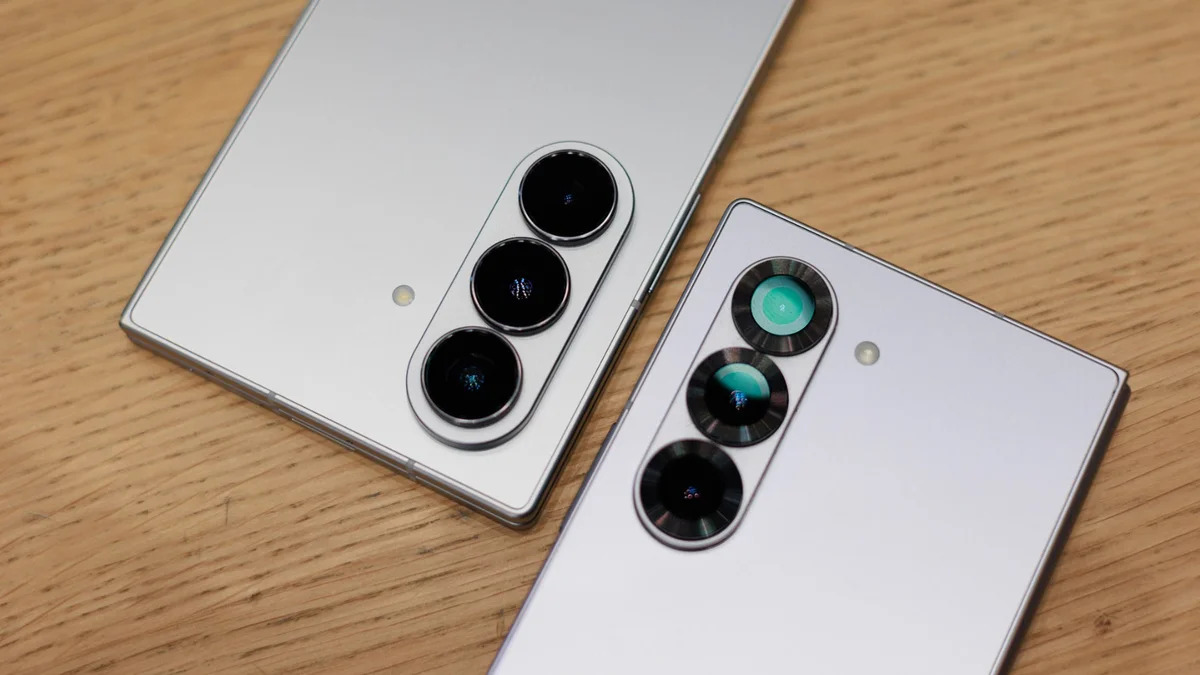The smartphone market, once considered a stagnant playground with little dynamism over the past decade, is witnessing a remarkable upheaval. The giant Apple is facing an unprecedented challenge from its arch-nemesis Samsung, as consumers grow indifferent to incremental upgrades and crave more groundbreaking innovations.
For years, users have become accustomed to settling for older iPhone models instead of rushing to acquire the newest releases, which offer minor tweaks rather than revolutionary changes. This poses a vexing dilemma for Apple, as it not only hampers sales but also opens a window of opportunity for rivals, with Samsung making significant strides.
Telemetry data reveals a concerning fact: the most popular iPhone model currently is the iPhone 13, released back in 2021, accounting for a substantial 16.3% of all iPhones in use. This starkly highlights the waning allure of newer iPhone iterations.
Samsung’s Global Ascendancy and “Earthquake” in the US Market

While Apple shows signs of stagnation, Samsung is reaping the rewards of its bold moves. The latest reports from Canalys/Omdia indicate that Samsung not only leads the global market but is also making significant inroads into Apple’s market share.
In the second quarter of 2025, global iPhone shipments dipped by 2% year-on-year to 44.8 million units. In contrast, Samsung witnessed an impressive 7% growth, reaching 57.5 million units. This solidifies Samsung’s top position with a 20% global market share, while Apple stagnates at 16%.
Global smartphone market share (Q2/2025 – Source: Canalys/Omdia):
Samsung: 20% Apple: 16% Xiaomi: 15% vivo: 9% TRANSSION: 9%
However, the real earthquake is happening in Apple’s backyard—the US market. Canalys data reveals a dramatic shift: Apple’s market share in the US has plummeted from 56% to 49%, while Samsung has staged a remarkable surge, increasing its market share from 23% to 31%.
Consequently, Samsung has successfully narrowed the market share gap with Apple in the US from 33% to just 18% within a year. In numerical terms, Apple shipped 13.3 million iPhones (down from 14.9 million), whereas Samsung shipped 8.3 million units (up from 6 million).
Unraveling Samsung’s Success
Analysts attribute Samsung’s triumph to two primary factors: product innovation and astute business strategy.

Firstly, the rise of foldable phones has given consumers a compelling reason to switch to Samsung. The Galaxy Z Fold 7 and Z Flip 7 duo have garnered high praise and generated significant buzz on social media for their durability and remarkable usability.
Portfolio manager Chris Versace divulges, “Galaxy Z Fold 7 pre-orders are up more than 25% from any previous Samsung foldable, and sales are outpacing its predecessor by nearly 50%.”
This success is not by chance. Samsung had previously lagged behind Chinese competitors and released the Galaxy Z Fold 6 SE in this market. Subsequently, the model was upgraded with the Snapdragon 8 Elite chipset and rereleased globally as the Fold 7, proving that when Samsung delivers an exceptional product, consumers embrace it wholeheartedly.
Secondly, Samsung’s “smart volume” strategy has proven effective. The company focuses on offering a diverse portfolio of devices across all price segments, from the affordable Galaxy A series, such as the Galaxy A36 ($399.99), to premium flagships like the Galaxy S35 ($799.99) and the Z Fold 7 (up to $2,400).
Canalys analyst Runar Bjorhovde remarks, “It’s a huge range of products. The idea is that you can target everyone at every price point.” Francisco Jeronimo from IDC concurs, adding that the new Galaxy A36 and A56 models have significantly boosted sales by integrating AI features into mid-range devices, piquing consumer curiosity.
Apple’s Conundrum: Navigating Innovation and an Uncertain Future

In contrast to Samsung, Apple appears entangled in an “innovation conundrum.” Since Tim Cook’s tenure as CEO, the company has introduced fewer “big hits” compared to the Steve Jobs era. The most recent launches deemed groundbreaking were arguably the iPhone 6 (2014) with its larger screen and the iPhone X (2018) with its edge-to-edge display.
This dearth of revolutionary changes is evident in the near-identical designs of successive iPhone generations. Notably, Apple is yet to unveil a foldable phone to rival Samsung’s offerings. Moreover, its Apple Intelligence platform pales in comparison to Google Gemini (featured on Samsung phones), ChatGPT, and Claude.
Additionally, analysts point out that the tariff fluctuations during the Trump administration may have somewhat impacted iPhone sales, although this is not the primary factor.
Recognizing its lag, Tim Cook is rumored to be seeking transformative moves. Recently, there were speculations about Apple’s potential major AI acquisition, with Perplexity, a leading AI chatbot, as the target. However, this prospect diminished when Perplexity unexpectedly made a $34.5 billion bid to acquire Google’s Chrome browser, a sum far exceeding Apple’s previous deals.
Now, all hopes are pinned on 2026, with rumors swirling about potential breakthrough products: an enhanced Siri with more powerful AI integration or a redesigned Apple Watch boasting enhanced health features.
Amidst these uncertainties, the biggest question remains: Can a future foldable iPhone compete and reclaim Apple’s lost ground? Only time will tell.
“Samsung Vietnam’s New Director Leads to Growth: Revenue and Profit Rise in Q2 with a Whopping 32.3 Trillion VND from 4 Factories”
Na Ki Hong has been appointed as the new CEO of Samsung Vietnam, effective March 1, 2025. He succeeds Choi Joo Ho, who was recently bestowed with the Third-Class Labor Order.
The Power of Eight Decades: An Cường’s Journey at the Economic and Social Achievements Exhibition
“As part of the 80th Anniversary Exhibition of National Socio-Economic Achievements, An Cuong Wood Joint Stock Company is proud to be featured in the ‘Nation-building Start-ups’ section as one of the country’s leading National Brands.




















